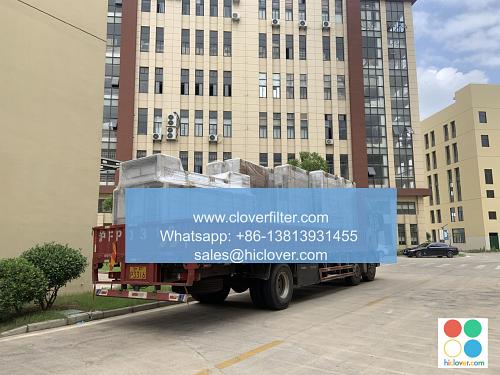Air Filter Regulations: A Guide to Compliance in Commercial Environments

As a facility manager or business owner, ensuring compliance with air filter regulations is crucial to maintain a healthy and safe indoor environment for occupants, employees, and customers. In this article, we will delve into the world of air filter regulations, highlighting various application areas, such as indoor air quality (IAQ), heating, ventilation, and air conditioning (HVAC), and occupational health and safety.
Introduction to Air Filter Regulations
Air filter regulations are established by various government agencies, such as the Occupational Safety and Health Administration (OSHA) and the Environmental Protection Agency (EPA), to regulate the use of air filters in commercial environments. These regulations aim to minimize the risks associated with indoor air pollution, allergens, and microbial contaminants. Compliance with these regulations is essential to prevent adverse health effects, productivity losses, and legal liabilities.
Key Regulations and Standards
Several regulations and standards govern the use of air filters in commercial environments, including:
* ASHRAE Standard 52.2: This standard provides guidelines for the testing and rating of air filters, including minimum efficiency reporting value (MERV) ratings.
* OSHA 29 CFR 1910.134: This regulation requires employers to provide a safe working environment, including the use of air filters to minimize respiratory hazards.
* EPA Clean Air Act: This act regulates the emissions of air pollutants and requires the use of air filters to minimize particulate matter (PM) and gaseous pollutants.
Application Areas for Air Filter Regulations
Air filter regulations apply to various commercial environments, including:
* Offices and workplaces: Air filters are essential to maintain good indoor air quality (IAQ) and prevent sick building syndrome.
* Healthcare facilities: Air filters play a critical role in preventing the spread of infectious diseases and hospital-acquired infections (HAIs).
* Food processing and manufacturing: Air filters are necessary to prevent contamination and ensure product quality.
* Industrial and commercial kitchens: Air filters help to minimize grease and particulate matter in the air, reducing the risk of fires and equipment damage.
Best Practices for Compliance
To ensure compliance with air filter regulations, follow these best practices:
* Conduct regular air filter maintenance: Replace air filters regularly to prevent filter failure and contamination.
* Choose the right air filter: Select air filters with the appropriate MERV rating and filter efficiency for your specific application.
* Monitor indoor air quality: Regularly monitor IAQ to identify potential issues and take corrective action.
* Train personnel: Educate maintenance personnel and employees on the importance of air filter regulations and proper air filter maintenance.
Conclusion
In conclusion, air filter regulations are essential to maintain a healthy and safe indoor environment in commercial settings. By understanding the key regulations and standards, application areas, and best practices for compliance, facility managers and business owners can ensure a safe and healthy environment for occupants, employees, and customers. Remember to always follow local and national regulations and consult with experts to ensure compliance with air filter regulations in your specific commercial environment. You haven’t asked a question or provided any context. What would you like to talk about?

